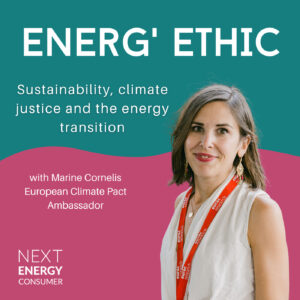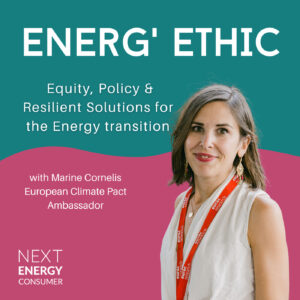The Mediterranean can be many things. A sun-scorched coastline where drought bites deeper each year. A site of transformation, where offshore wind farms light up 60,000 homes in energy-poor regions. Or a sanctuary for dolphins gliding through waters once declared an environmental disaster.
What I see is hope.
Summer by the sea always shifts something in me. It’s not about ticking off an agenda—it’s about softening my perspective, observing without judgment, and finding clarity in the simplicity of just looking.
These moments give me grit. They remind me why I do what I do and why it matters. They’re my yearly appointment with myself, a chance to rebuild the strength I need to be part of the healing, to contribute to the solutions we all talk about. Most of all, they’re my opportunity to show my daughter what resilience and courage look like—and to teach her that there are so many ways to be a hero.
Meeting the Dolphins of Taranto
One of my favorite summer rituals is joining the Jonian Dolphin Conservation crew in Taranto, a team of passionate individuals who have spent over a decade proving that resilience is more than a buzzword—it’s a way of life.
Every year, they welcome us aboard their boat, turning my family into “researchers” for the day. We scan the Gulf of Taranto for cetaceans, turtles, fish, and even the occasional shark, learning about the delicate balance of this unique marine ecosystem.
But the story of Taranto is about more than wildlife. It’s about people reclaiming pride in their home after decades of environmental degradation. This city, once synonymous with pollution, is finding new ways to coexist with its surroundings—and to heal.
Lessons from the Sea
The crew at Jonian Dolphin Conservation teaches us something simple yet profound: every human activity has consequences for nature. But with effort, humility, and collaboration, those consequences don’t have to define the future.
Here’s what I take away from them every time:
- Intelligent species give power to women.
This line, shared on the boat, isn’t just about dolphins. It’s about survival—how ecosystems, human or otherwise, thrive when women are empowered. - Alone, we hit the wall; together, we go far.
The strength of collective action can’t be overstated. Whether it’s researchers, citizens, or activists, progress is built by working together. - A just transition leaves no one behind.
Environmental justice doesn’t stop at people. The transition we build must embrace the ecosystems we inhabit, or it risks becoming just another form of harm.
Time to Cooperate
The Mediterranean has been through so much, yet it continues to inspire. It reminds me that even places written off as disasters can be renewed with enough determination and care. The same is true for us.
Whether it’s reimagining energy systems, protecting fragile habitats, or simply learning to live more gently, the solutions are there. But they require us to do one thing first: cooperate.
So, what do you sea?
A problem too big to fix—or hope? I know where I stand.
What inspires you to keep going? Let’s talk about it—because the journey is always stronger together.



